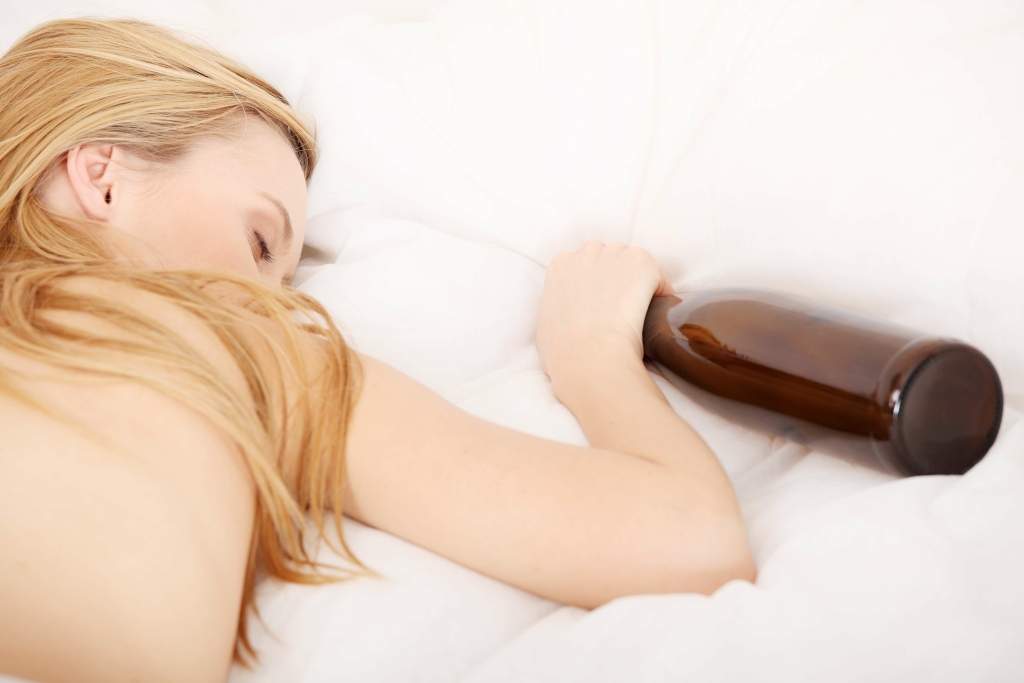Your pre-sleep routine becomes crucial during hangover recovery. This means dimming lights throughout your home, switching off electronics (yes, that means your phone), and engaging in calming activities. Try taking a warm shower or bath about an hour before bed – the subsequent cooling of your body temperature naturally promotes sleepiness. If you’re feeling anxious about sleep, try writing down your thoughts in a journal to clear your mind. Multiple factors contribute to extended hangovers, according to research published in Alcohol and Alcoholism.

Overcoming Addiction: Getting Past the Roadblocks to Recovery
While it is broken down in the liver, alcohol also works on the kidney as a ‘diuretic’ – it makes them produce a lot of urine. But how do hangovers work, and exactly how long can a hangover last? To know that, we have to look at the science behind what causes hangovers. It usually takes between minutes for you to feel the benefits of our Hangover IV drip.
What a two-day hangover does to your body and brain
Some people experience lingering effects as their body continues to process alcohol’s toxic byproducts and recover from disrupted sleep and nutrient depletion. Quantity matters too; larger amounts of alcohol increase toxin load exponentially rather than linearly. So even moderate drinkers might experience extended hangovers if they consume enough over several hours. Yes, hangovers can last up to two days due to dehydration, toxin buildup, and individual factors affecting recovery time. A pilot study has previously shown that SJP-001 can reduce hangover symptoms such as thirst, headache, dizziness and nausea.

If you’ve found yourself Googling “how long does a hangover last”, “is it normal to feel hungover all day”, or even “can a hangover last two days? “There aren’t many strong scientific studies into the reasons why hangovers worsen with age, but it’s likely that many different factors are involved,” says Dr Gordon. This, the study explains, is because alcohol suppresses the production of melatonin in the body by up to 19%. Drinking a litre of water before bed will certainly help, but when we lose liquid we actually lose electrolytes. These, research from The Union Memorial Hospital explains, are responsible for maintaining chemical reactions in the body, including impulse responses and muscle contractions, and balancing fluid levels. To rebalance them, you could drink a sports drink like Lucozade or Powerade, or use a rehydration powder.
Unlike smoking or vaping, where effects appear within minutes, edibles can take much longer to kick in. Studies have shown that certain B-vitamins are beneficial in reducing hangover symptoms. Many of the early symptoms can mimic a hangover and if you’re generally feeling rough, it can be hard to tell. If you’re unsure, make sure you speak to your doctor to get some advice.
Physical Symptoms
First, as discussed, the lengthy duration of edible effects can lead to a lingering influence that persists well into the next day. Poor sleep quality caused by alcohol can leave you feeling fatigued and groggy, how long can hangovers last which compounds other hangover symptoms like nausea. The sleep deprivation itself contributes to the feeling of a prolonged illness. While alcohol might help you fall asleep faster, it severely disrupts the quality of sleep, particularly Rapid Eye Movement (REM) sleep. Alcohol increases the amount of adenosine in the brain, which initially promotes sleep. As the body metabolizes the alcohol, adenosine levels drop, often causing a person to wake up before they’re fully rested.
Hangovers are medically proved to be far more severe after drinking on an empty stomach. It leads to an ‘overshoot’ of ethanol in the blood, as per a study conducted by the US National Library of Medicine. The symptoms of alcohol withdrawal are typically more marijuana addiction intense and potentially life-threatening and they occur in people with alcohol dependence. Hangovers are a temporary condition affecting anyone who consumes too much alcohol in a single session. This inflammatory response provokes fatigue, cognitive impairment, and loss of appetite. With chronic alcohol consumption, the inflammation also affects the liver, increasing the production of enzymes and potentially contributing to long-term liver damage.
- “Drinking too much or binge drinking on a single occasion or over time can take a serious toll on your health,” says Valerie Agyeman, RD, a dietitian at Flourish Heights, who specializes in women’s health.
- It’s also good to know the difference between alcohol poisoning and hangovers, though alcohol poisoning symptoms usually show up while you’re drinking, not the day after.
- The amount of alcohol a person consumes is often the most crucial factor in determining how long and how serious your hangover is going to be, but it is not the only one.
- Aside from this, making sure you drink a glass of water between every drink can also support hydration and increase the time between alcoholic drinks.
Various factors can cause it, so drinking responsibly, knowing the factors, employing preventative strategies, and seeking treatment can make the experience less frustrating. Alcohol reduces REM sleep quality—a phase vital for cognitive restoration. Even if you sleep many hours after drinking heavily, your brain might not get adequate rest leading to extended mental fog and tiredness. A 2-day hangover means you’re still feeling the effects of alcohol long after your night out, well into the next day, or even the day after that. Fatigue, brain fog, nausea, and hangover anxiety can all linger longer than expected.
- Royle says that one of the key distinctions between hangover and withdrawal is the length of the symptoms.
- Food slows absorption and protects the stomach from gastritis and make sure you’re drinking water between drinks and before bed.
- To truly party smart, plan ahead by incorporating these strategies to enjoy your time while minimizing hangover effects.
- It’s also best to eat only bland foods like toast or crackers, and when eating, you should take only small bites and eat from time to time to keep your energy up.
Another immune booster, vitamin C is ideal for helping to ease the symptoms of a hangover. If you know you have a big night ahead, activated charcoal is reportedly great to take before you get the party started. It’s also best to eat only bland foods like toast or https://ecosoberhouse.com/ crackers, and when eating, you should take only small bites and eat from time to time to keep your energy up. Alcohol acts as a diuretic by inhibiting the release of vasopressin (antidiuretic hormone) from the pituitary gland, which normally signals the kidneys to reabsorb water. Without this signal, the kidneys excrete more water than usual, leading to significant fluid loss that often exceeds the volume of liquid consumed.
It could also indicate another health problem exacerbated by alcohol use. If you’re experiencing extended hangover symptoms, seek medical attention. It is possible for hangover nausea to last for up to two days due to factors such as severe dehydration, gastrointestinal irritation, poor sleep, and individual metabolism.
The timeline depends on several things
Most people recommend sticking to lighter drinks with less congeners for less of a hangover – drinks like vodka and gin. It’s also believed that cheaper alcohol has more congeners, so it might be best to avoid the cheapest drink on the menu, too. Dehydration only makes everything worse, so many sure to drink water or non-alcoholic drinks when you’re at the bar, too.
Include easily digestible proteins to help with muscle recovery. Small, frequent meals are better than large ones, as they’re easier on your system and help maintain stable blood sugar levels. Individual factors such as metabolism, genetics, body weight, and drinking habits influence hangover duration. Some people naturally take longer to clear alcohol toxins and recover, making them more prone to experiencing a two-day hangover. Similarly, if your blood sugar is low, you’re more likely to feel the effects of drinking alcohol.